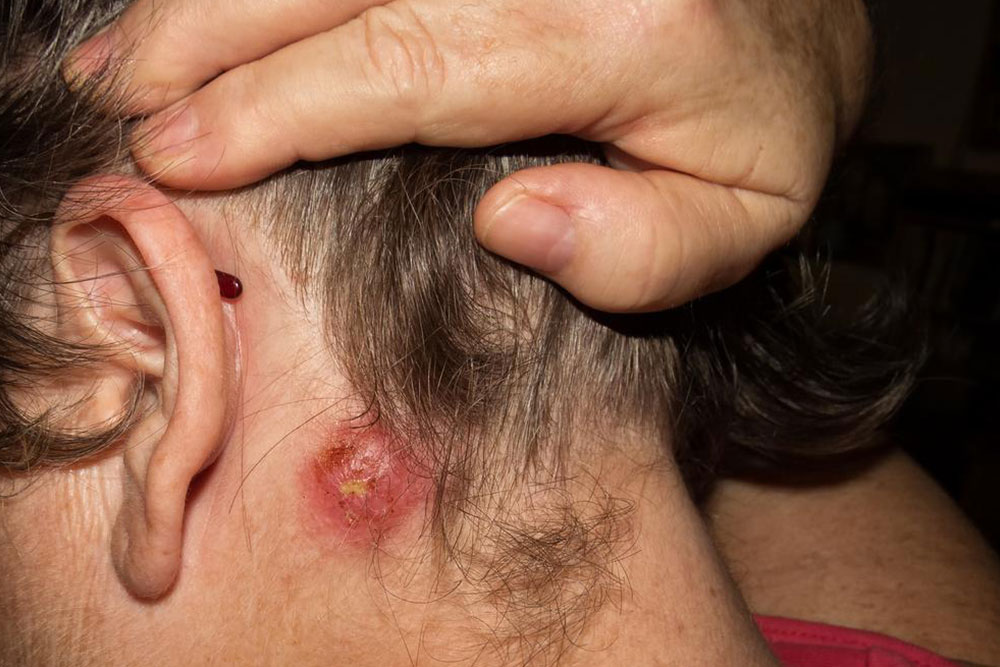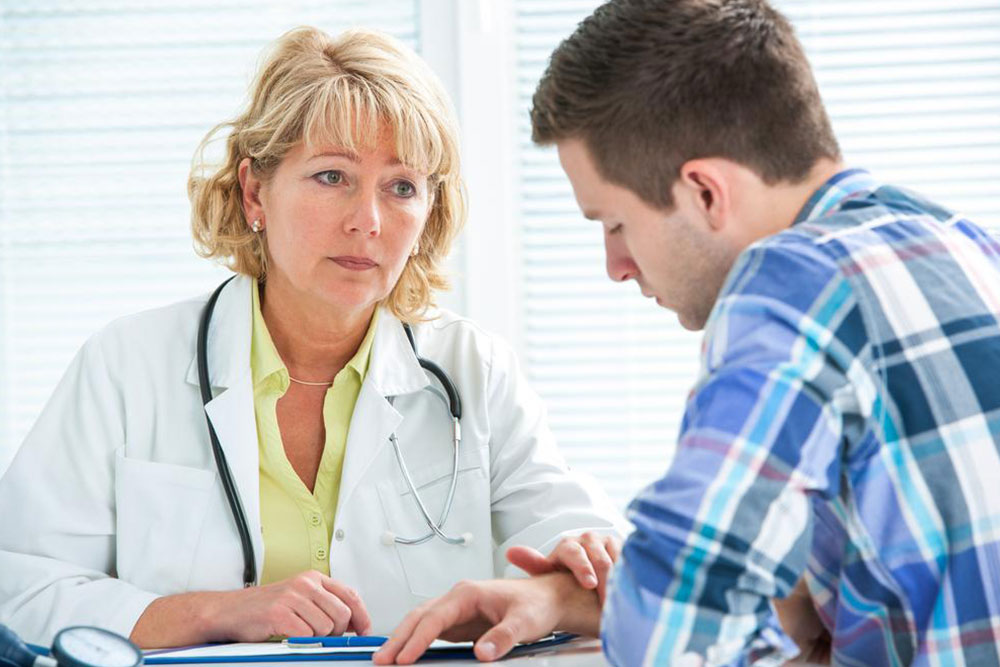Signs and Symptoms Indicating Advanced Stomach Cancer
Understanding the signs of advanced gastric cancer is vital for early diagnosis and effective treatment. Symptoms such as persistent stomach pain, nausea, loss of appetite, blood in stools, and fatigue often indicate progression to later stages. Recognizing these alerts and seeking prompt medical care can significantly enhance survival chances. This article highlights key symptoms, treatment approaches, and the importance of early detection to combat stomach cancer effectively.

Signs and Symptoms Indicating Advanced Stomach Cancer
Gastric cancer develops from uncontrolled growth of malignant cells in the stomach lining. Often called stomach cancer, it poses challenges in early detection because initial symptoms are rarely noticeable. Despite its relatively low prevalence—comprising about 1.7% of new cancer diagnoses annually—timely diagnosis remains difficult but crucial. Early stages are usually asymptomatic, making it hard to identify. Advanced gastric cancer presents specific symptoms that typically prompt medical attention. Recognizing these early signs can significantly improve treatment outcomes and survival chances.
Symptoms of Advanced Gastric Cancer
Most symptoms emerge only during the disease's later phases, which can delay diagnosis and treatment. If you experience any of the following signs, consult a healthcare professional promptly:
Persistent stomach ache: Severe pain worsening after eating indicates potential issues.
Nausea and recurrent vomiting: Frequent bouts can be warning signs.
Burning chest sensations: Commonly known as heartburn, often linked with gastric issues.
Reduced appetite and weight loss: A decrease in hunger paired with unexplained weight loss signals concern.
Ongoing bloating: Abdominal distension without clear cause.
Blood in stools: Noticing blood in bowel movements requires immediate attention.
Early satiety: Feeling full quickly after small meals.
Yellowing of skin and eyes (Jaundice): May develop as the disease progresses.
Extreme fatigue: Persistent tiredness despite rest.
Detecting gastric cancer early is essential for effective treatment, which may involve chemotherapy, radiation, surgery, or immunotherapy based on the tumor's stage and location. Prompt medical intervention can significantly improve chances of recovery. If any symptoms are present, seeking medical advice immediately is vital.










